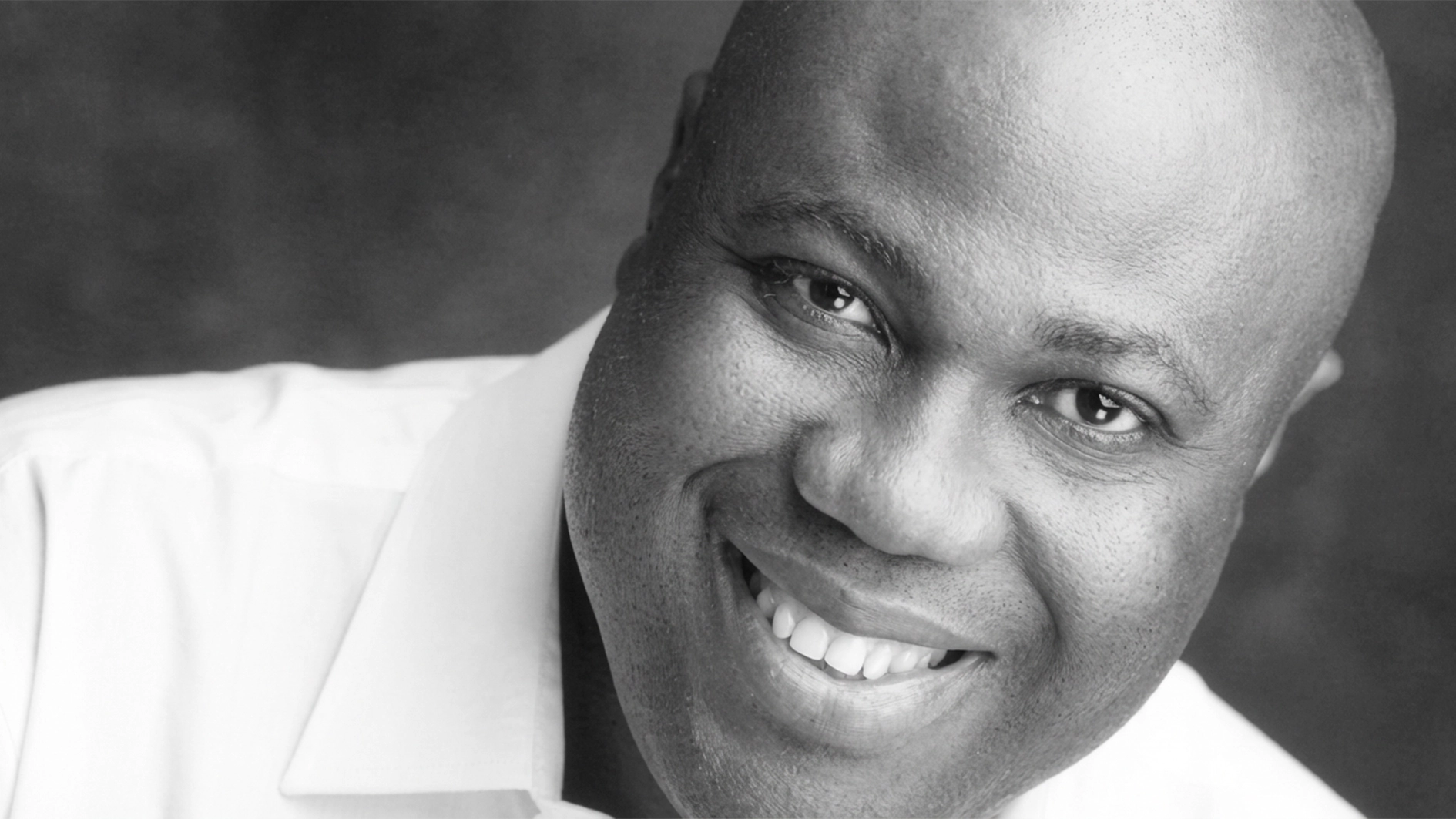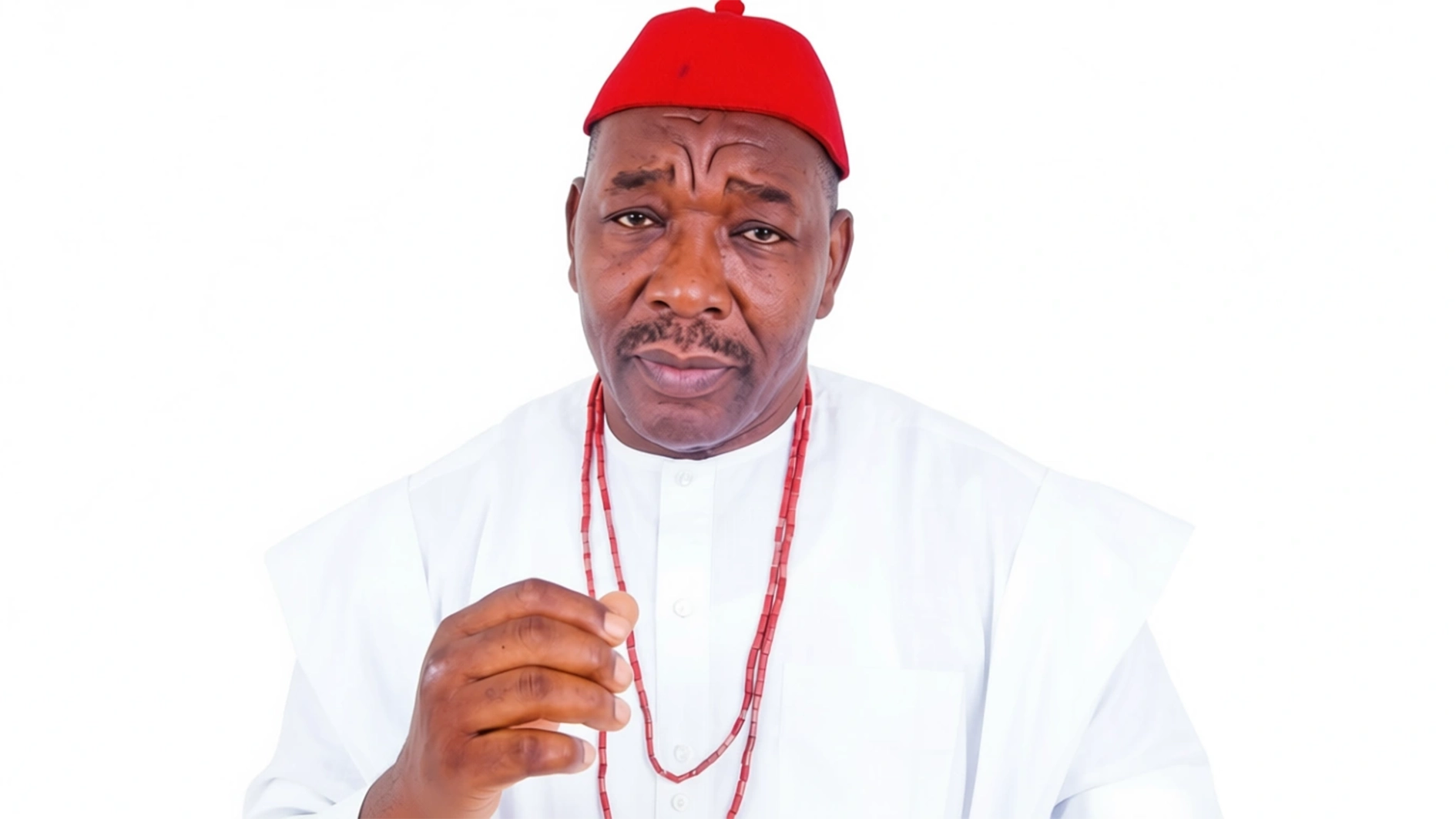 In a world increasingly driven by technology, the global demand for skilled tech talent has never been greater. While Silicon Valley and other established ecosystems continue to lead the charge, a growing number of young Africans are stepping into the spotlight, redefining what it means to innovate in a rapidly evolving tech landscape. From Lagos to Nairobi, a new wave of resourceful and resilient talent is not only meeting this demand but also reshaping the narrative around Africa’s role in the global tech ecosystem. At the heart of this movement are individuals like Samuel Olamide Kupoluyi, a self-taught engineer whose journey is as inspiring as it is transformative. From his start at Roofer in 2020 where he developed their technology from the ground up, to his current role at Valley where he has done the same, Samuel represents a generation of young African innovators who are leveraging their unique perspectives and experiences to solve pressing local challenges while making a mark on the global stage. In this interview, Samuel shares how his background, drive, and resourcefulness have fueled his journey, and what the future holds for African tech talent in a world hungry for innovation.
In a world increasingly driven by technology, the global demand for skilled tech talent has never been greater. While Silicon Valley and other established ecosystems continue to lead the charge, a growing number of young Africans are stepping into the spotlight, redefining what it means to innovate in a rapidly evolving tech landscape. From Lagos to Nairobi, a new wave of resourceful and resilient talent is not only meeting this demand but also reshaping the narrative around Africa’s role in the global tech ecosystem. At the heart of this movement are individuals like Samuel Olamide Kupoluyi, a self-taught engineer whose journey is as inspiring as it is transformative. From his start at Roofer in 2020 where he developed their technology from the ground up, to his current role at Valley where he has done the same, Samuel represents a generation of young African innovators who are leveraging their unique perspectives and experiences to solve pressing local challenges while making a mark on the global stage. In this interview, Samuel shares how his background, drive, and resourcefulness have fueled his journey, and what the future holds for African tech talent in a world hungry for innovation.
How did your background shape your journey as an engineer?
Honestly, growing up around Obafemi Awolowo University had a huge impact. There was this incredible energy around tech and personal growth. I met so many driven people, and we pushed each other to do better. We even formed a little group we called ‘Alpha Devs’ – we’re still in touch! And then there were these amazing tech communities like GDG and Startup Grind. Even if I wasn’t deeply involved in all of them, just being around that vibrant ecosystem really shaped my journey.
As a self-taught engineer, what were some of the biggest challenges you faced?
Well, navigating the realities of life in Nigeria was definitely a hurdle. Dealing with power outages and unreliable internet can be really frustrating. Another challenge was ‘tutorial hell,’ which was basically having so much information online and not knowing where to even begin. Thankfully, I found some amazing mentors who helped me focus and build a solid foundation.
Growing up in Nigeria, how did that shape your perspective on technology?
It instilled a strong sense of resilience in me. I saw how technology could solve real-world problems, like improving access to education or healthcare. It made me realize that innovation doesn’t need perfect conditions. You just need the drive to learn and find solutions to the challenges you face.
What can tech ecosystems like the UK learn from the African experience?
The UK can learn a lot about resilience and innovation. We in Nigeria often have to work with limited resources and overcome significant challenges. Yet, we still manage to build impactful products. It’s about finding creative solutions and making the most of what you have. This ‘hustle’ mentality can be a valuable asset in any ecosystem.
As someone who influences global conversations, how do you ensure your voice reflects both local and global realities?
Well, I experience both sides! I live in Nigeria, so I understand the challenges firsthand – slow internet and unreliable infrastructure. But I also work with global teams, so I have that broader perspective. I try to share concrete examples from my own life, like how a slow internet can impact product usability. This helps ensure that the solutions we develop are inclusive and address the needs of everyone.
What strategies should African tech leaders employ to amplify their impact globally?
We’re already making waves. Look at companies like Paystack and Flutterwave. The key is to keep building on this momentum. Focus on developing innovative solutions that address both local and global challenges. Collaborate with international partners, invest in talent development, and amplify the amazing things happening across the continent.
What excites you most about the future of technology, especially in the African context?
The simple answer is AI. It has the potential to revolutionize so many things, especially in Africa. Imagine using AI to improve access to healthcare or education in remote areas. The possibilities are endless. It’s about finding ways to leverage AI to address our unique challenges while also contributing to global advancements.
How do you see AI transforming businesses, especially startups, in emerging markets?
AI can be a game-changer. Imagine an AI-powered sales team. It can automate those repetitive tasks, freeing up resources for startups to focus on what truly matters. In emerging markets, where resources can be scarce, this cost-efficiency is a huge deal. It allows them to do more with less and really accelerate their growth.
What’s your vision for the future of African tech talent?
I envision a future where African perspectives are truly valued on the global stage. We have a unique way of looking at problems, driven by resourcefulness and creativity. I want to see African ideas shaping global solutions and driving progress on a truly global scale.
How can African engineers position themselves for leadership roles globally?
By becoming experts in their fields. Master a specific area like AI or cybersecurity. Build impactful products that solve real-world problems. And don’t be shy. Share your knowledge, contribute to global conversations, and collaborate with international teams. The world needs your perspective.






